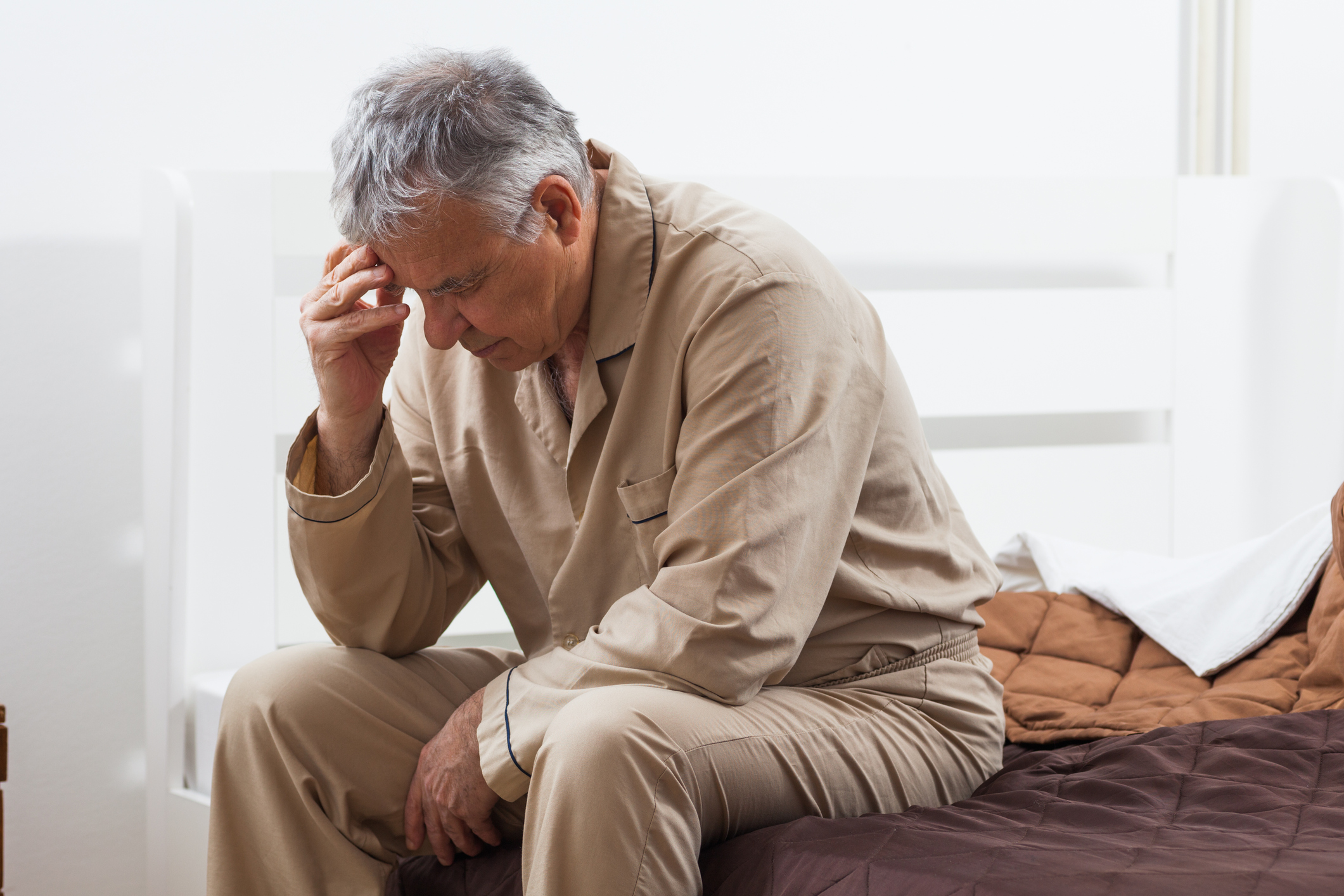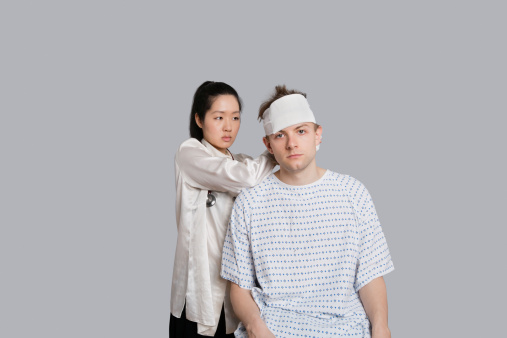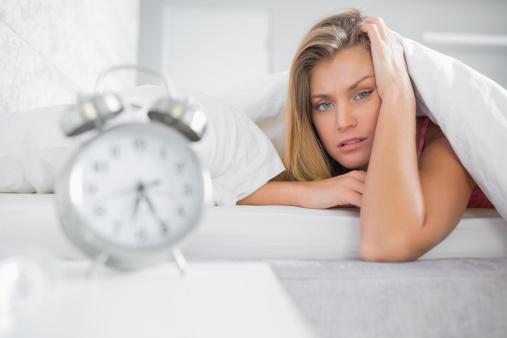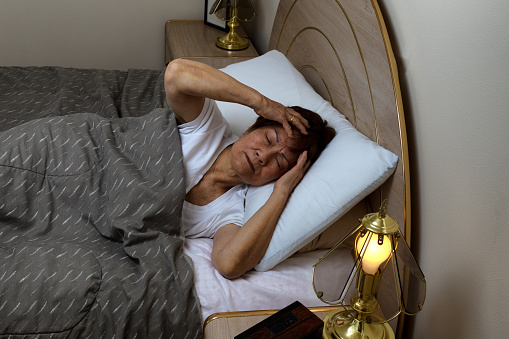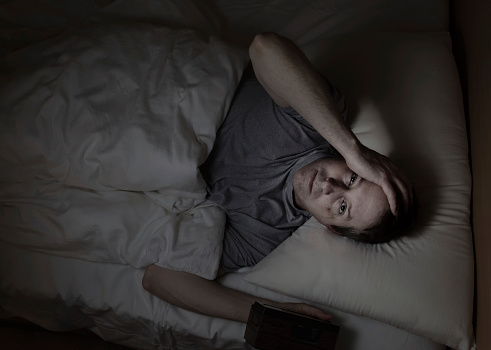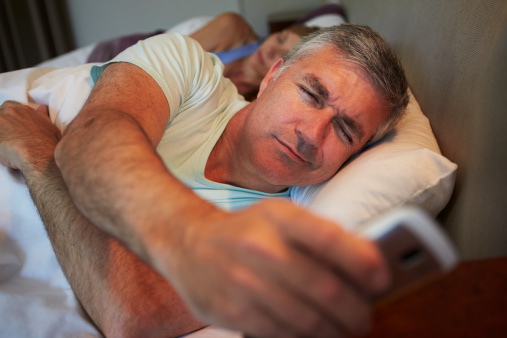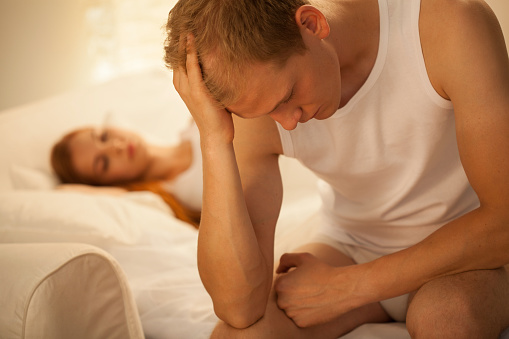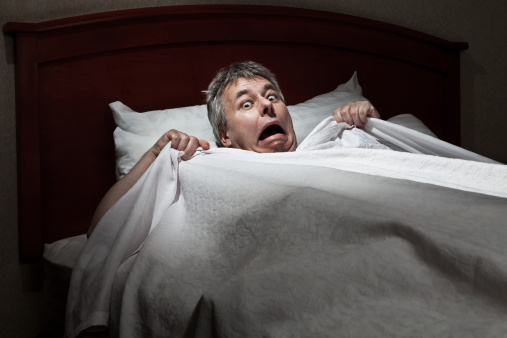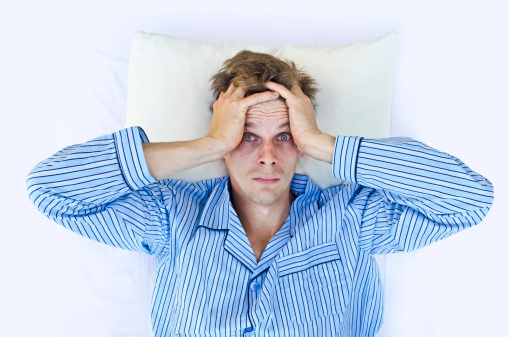Alzheimer’s disease and sleep disorders: Tips to manage sleep problems with Alzheimer’s disease
Sleep disorders are a common problem in Alzheimer’s disease. Because sleep is such an important aspect of overall good health, it’s important to find ways of improving sleep in Alzheimer’s patients in order to reduce the risk of other health complications. You may be wondering, why Alzheimer’s disease and sleep disorders coexist. It mainly has ...click here to read more

